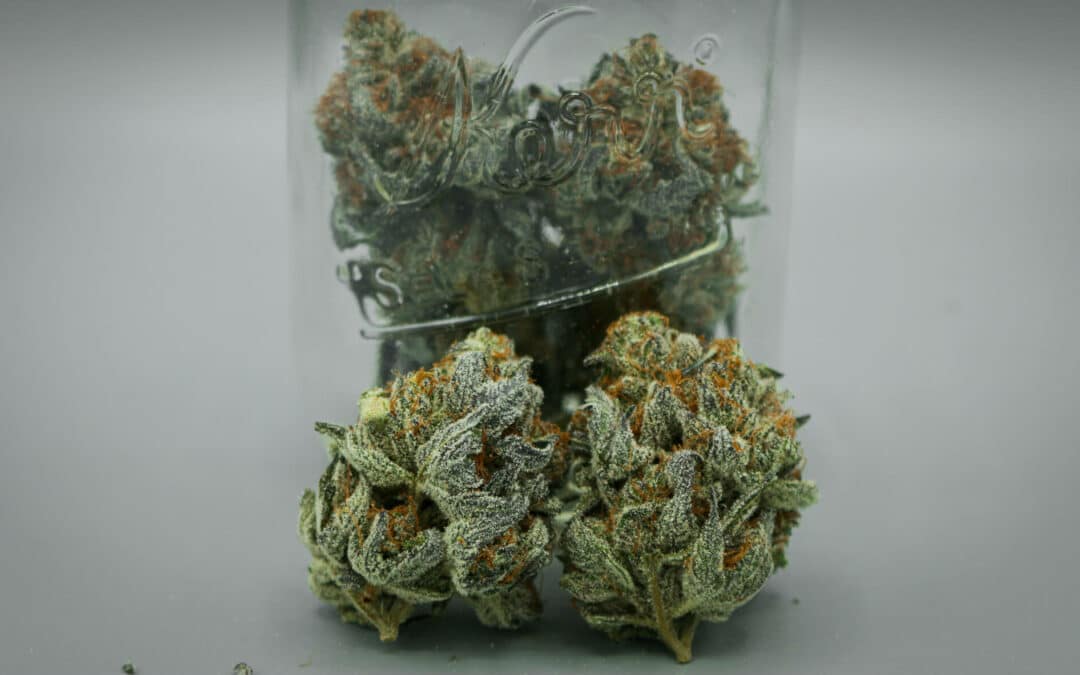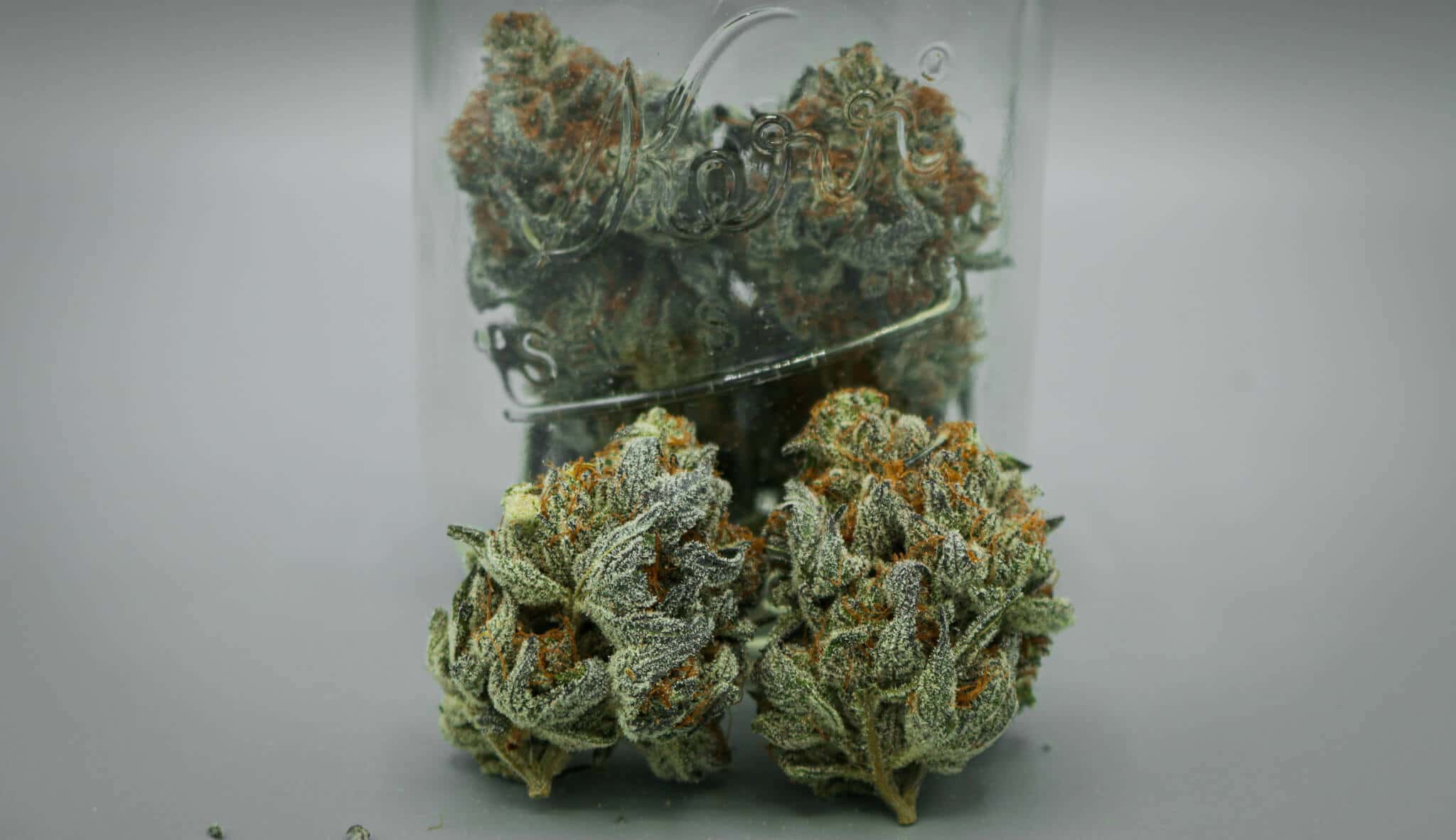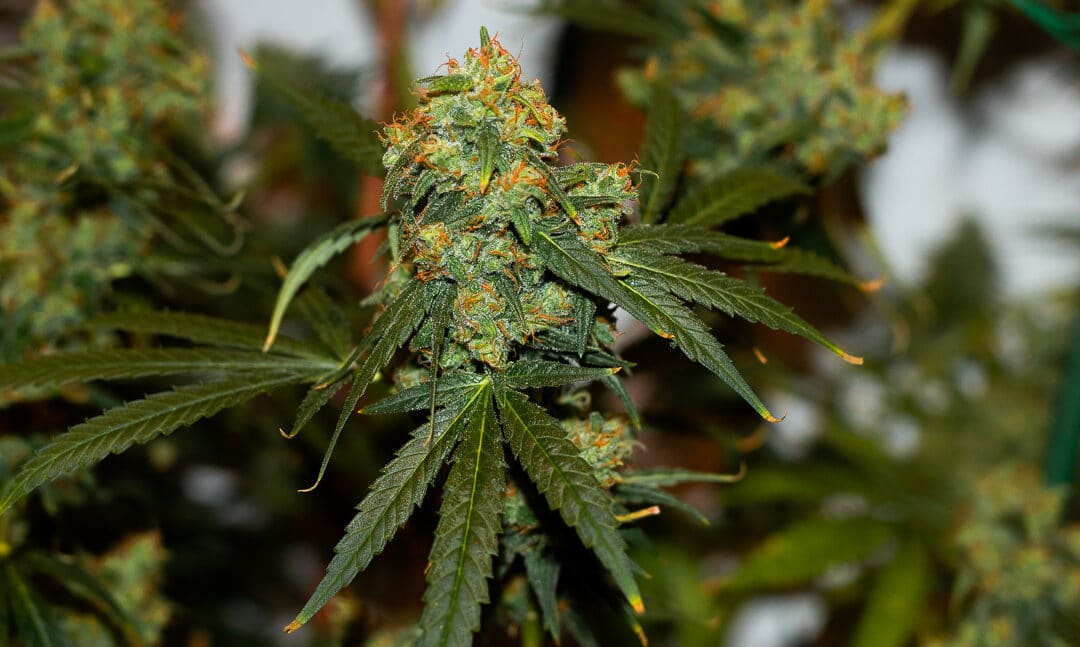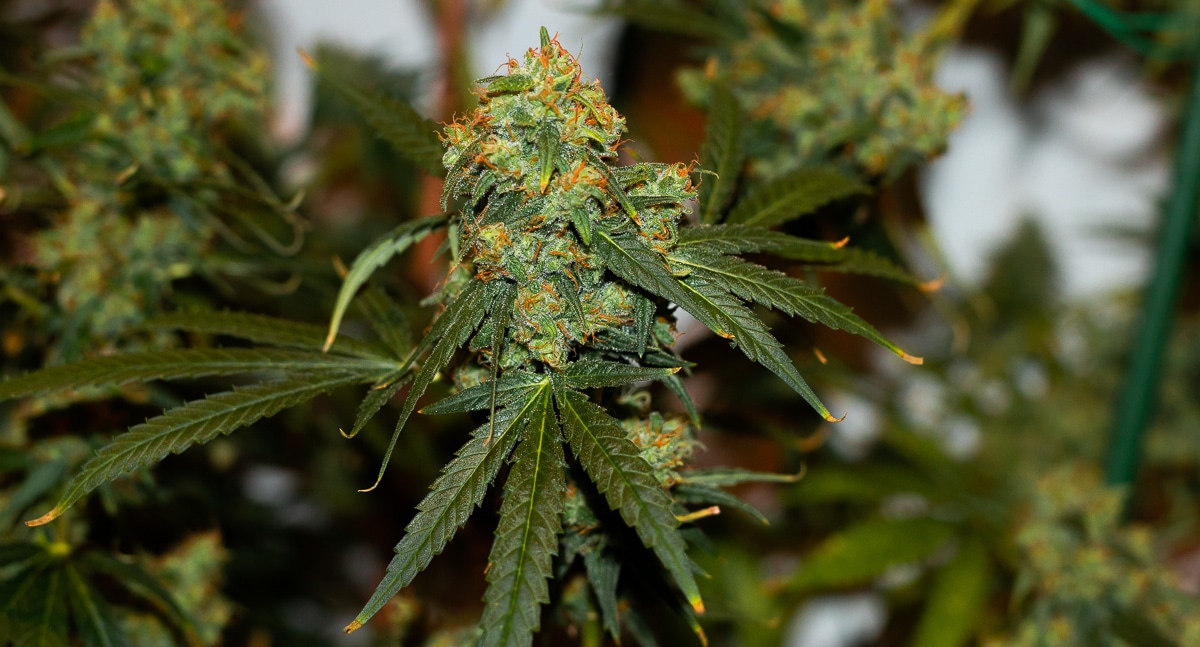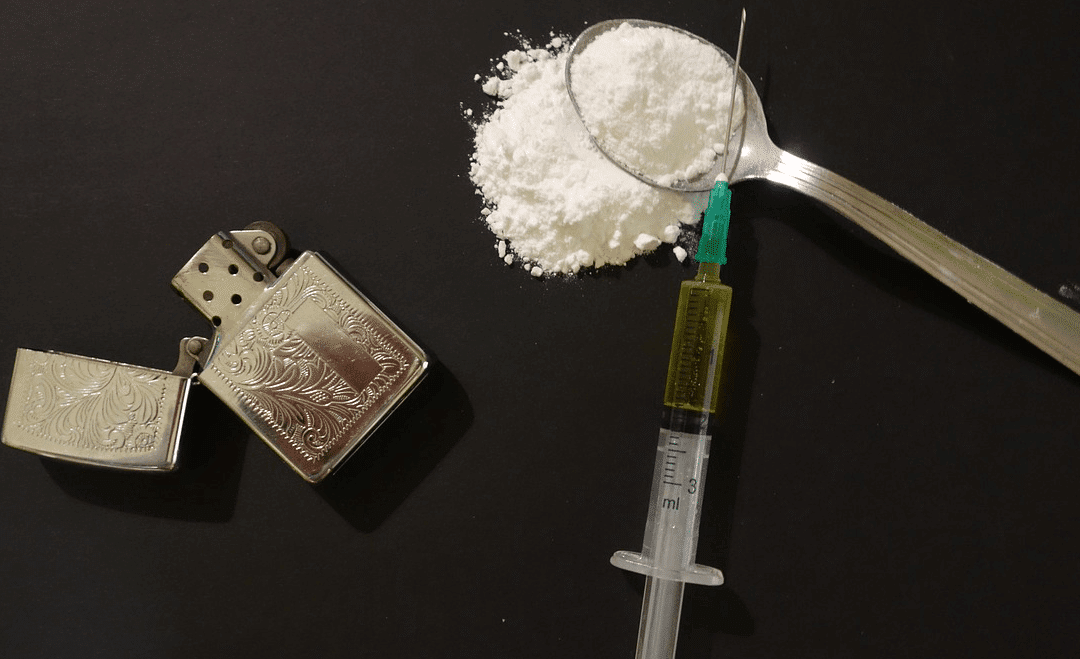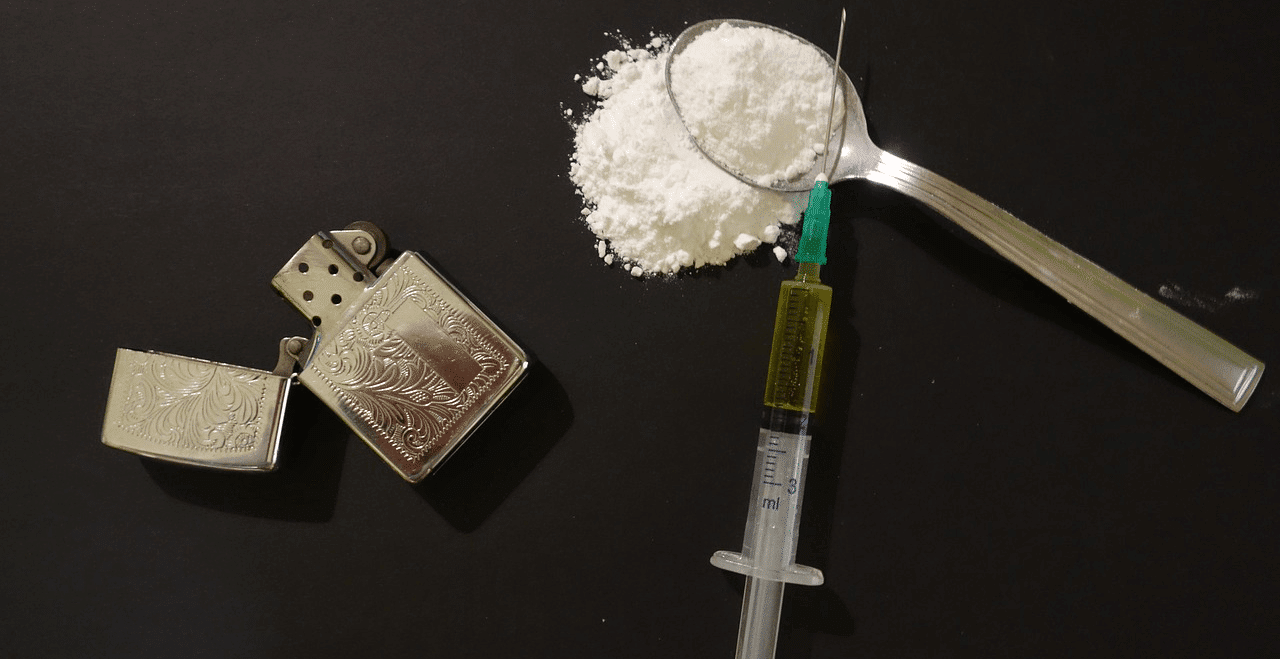
SAFE Banking Act Reintroduced In Senate

A bill to protect banks that service state-legal marijuana businesses from being penalized by federal regulators has been reintroduced in the Senate—with nearly a third of the chamber as cosponsors. It’s a development that takes on a new light now that Democrats are back in control the chamber.
This comes days after the Secure and Fair Enforcement (SAFE) Banking Act was refiled in the House, where it passed with bipartisan support as a standalone bill in 2019 and also as part of two COVID-19 relief bills.
The Senate version is being sponsored by Sens. Jeff Merkley (D-OR) and Steve Daines (R-MT), and it currently has 27 other cosponsors. In the House, the legislation has more than 100 members who’ve signed on as cosponsors.
The SAFE Banking Act would ensure that financial institutions could take on cannabis business clients without facing federal penalties. Fear of sanctions has kept many banks and credit unions from working with the industry, forcing marijuana firms to operate on a cash basis that makes them targets of crime and creates complications for financial regulators.
“No one working in a store or behind a register should have to worry about experiencing a traumatic robbery at any moment,” Merkley said in a press release. “That means we can’t keep forcing legal cannabis businesses to operate entirely in cash—a nonsensical rule that is an open invitation to robbery and money laundering. Let’s make 2021 the year that we get this bill signed into law so we can ensure that all legal cannabis businesses have access to the financial services they need to help keep their employees safe.”
Daines added that “Montana businesses shouldn’t have to operate in all cash—they should have a safe way to conduct business.”

